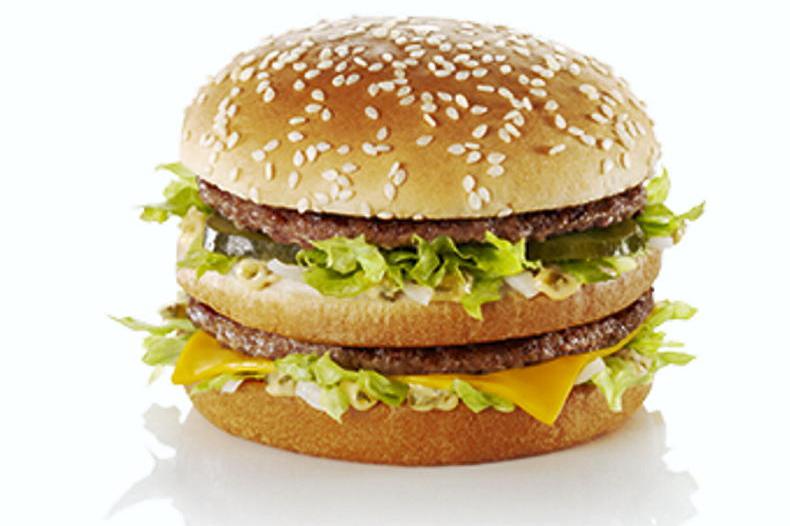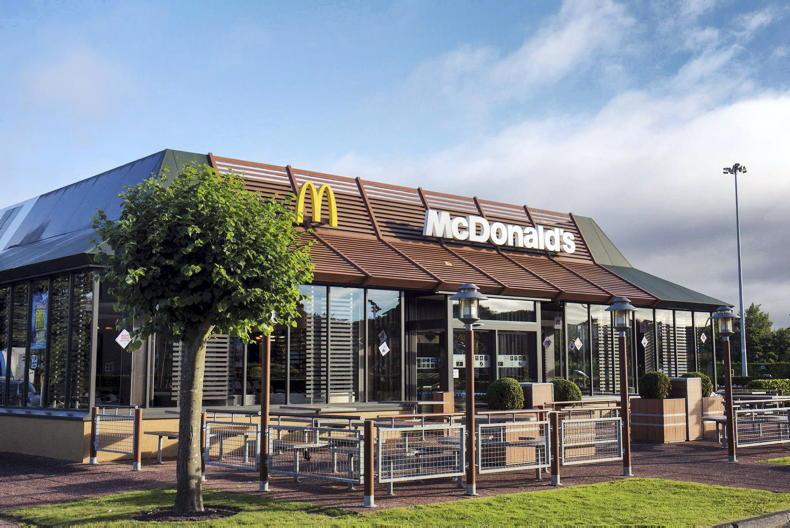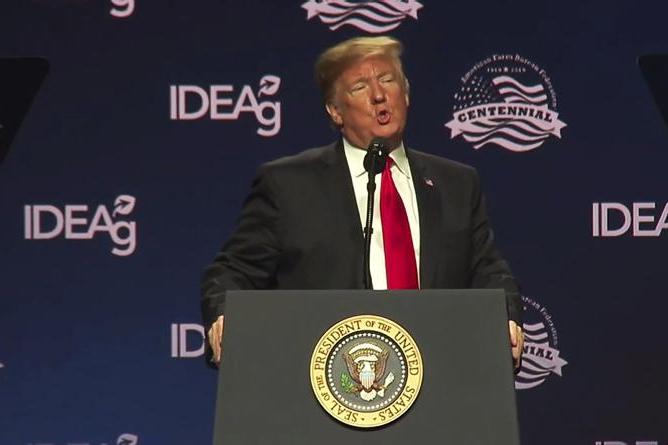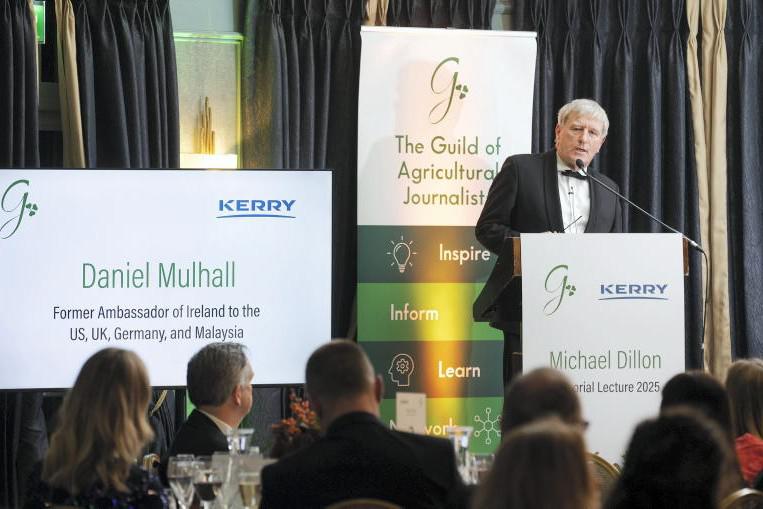Almost 32 years after opening its first outlet in Moscow, fast food giant McDonald’s has announced that it is pulling out of Russia. It had suspended business there following the invasion of Ukraine, but is now looking for a buyer to take over its 850 stores and 62,000 employees and expects the exit to cost between $1.2-1.4bn (€1.15bn - €1.35bn) to write off its net investment in the market and recognise foreign currency translation losses.
McDonald’s has in excess of 39,000 stores across more than 100 countries and this is the first time it has left a major market.
While it will lose 850 stores in Russia, McDonald’s expect to add a further 1,300 outlets globally in 2022.
The corporation is a major user of Irish beef, sourcing approximately 40,000t annually from the Republic of Ireland and more from Northern Ireland.
Nothing symbolised the optimism of the immediate post-Berlin Wall era of the early 1990s as much as McDonald’s opening its first restaurant in Moscow.
It was considered a signal that the age when the state controlled everything under the Soviet Union had ended and Russia’s interest in global capitalism had begun.
Other major global corporations would arrive before and after McDonald’s, but few products reach as many people around the world as the Big Mac.
A further use of the famous burger was created by The Economist to measure the relative value of global currencies, which compares the price paid in a range of countries to determine if their currencies are undervalued or overvalued.










SHARING OPTIONS